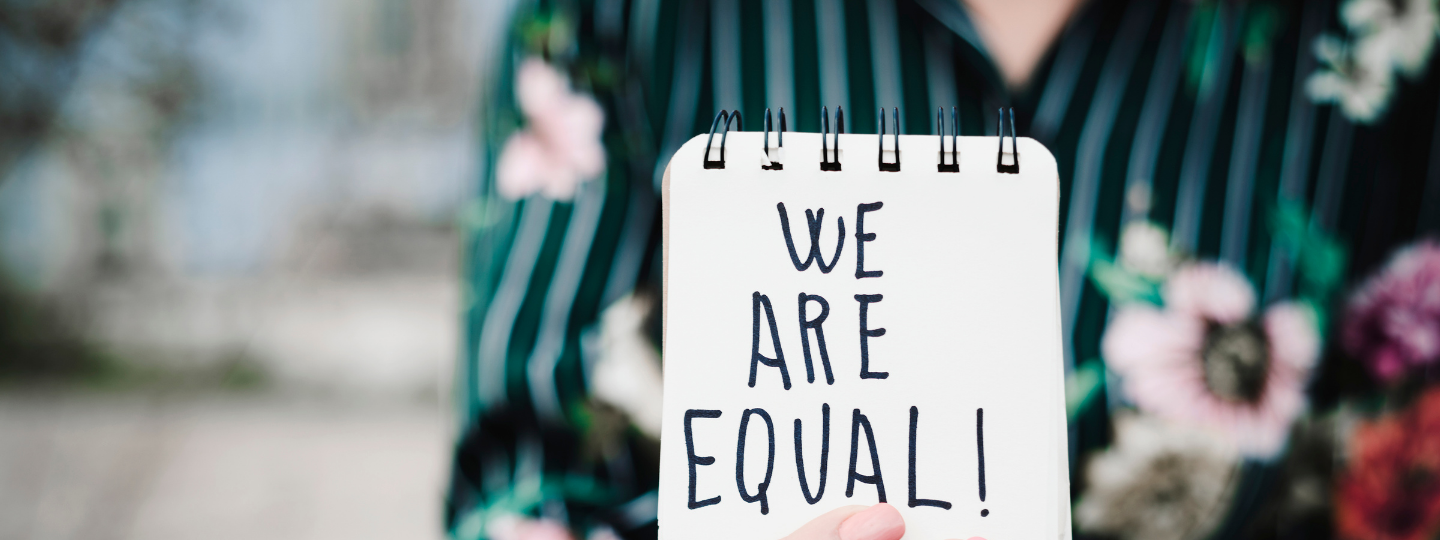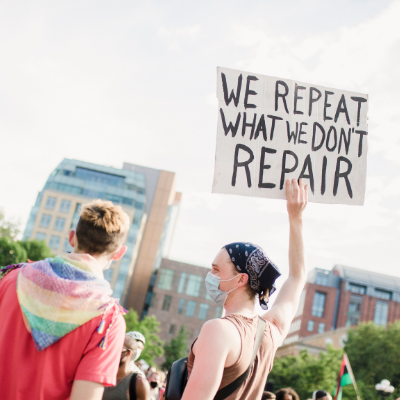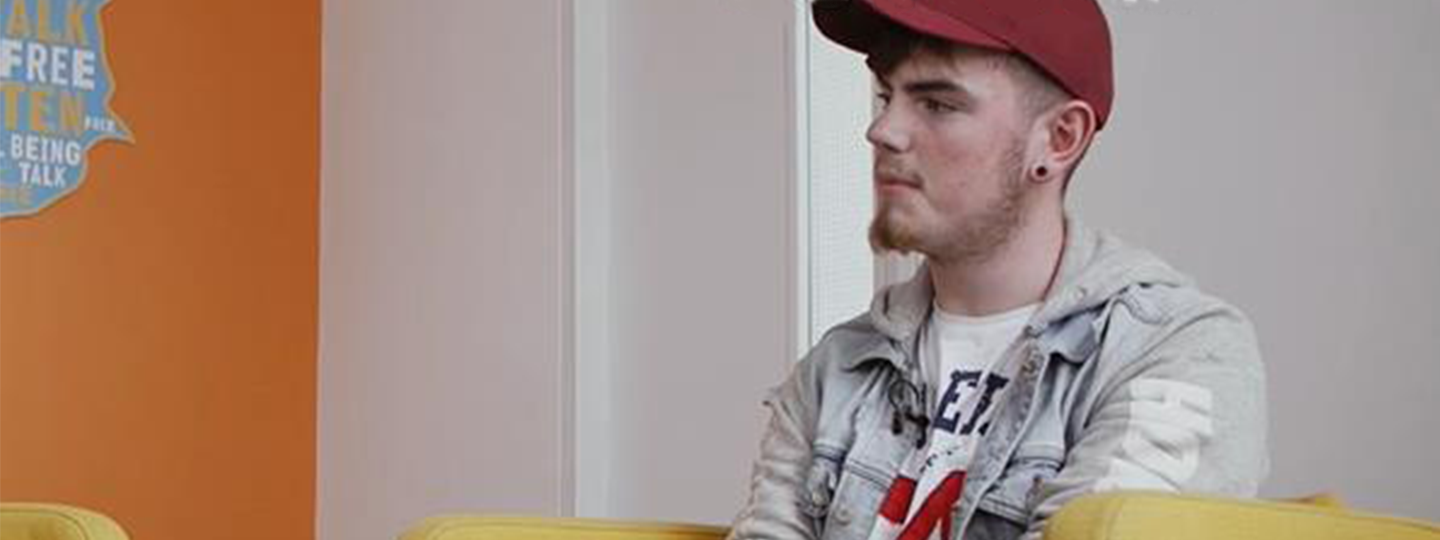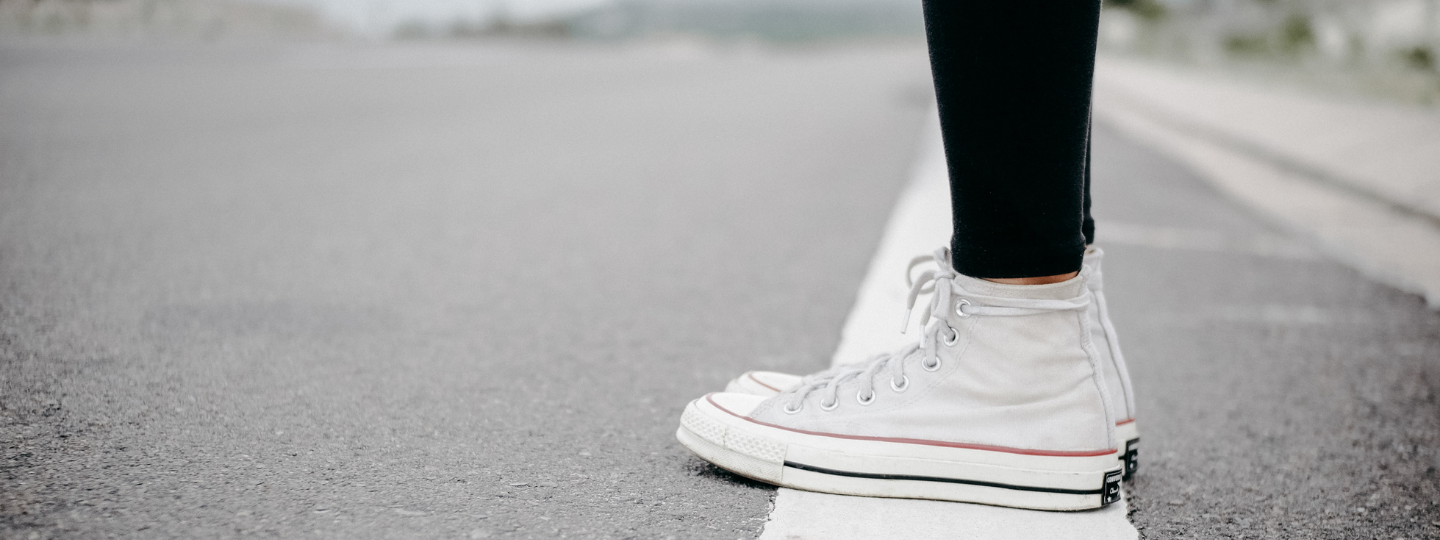Discrimination and mental health
Discrimination and mental health
Discrimination can have a huge affect on our mental health. Learn more about what discrimination is and what you can do when it happens to you.

When we’re part of a minority group, we can sometimes experience discrimination from others.
Discrimination can impact on our mental health and how we feel about ourselves.
What is discrimination?
Discrimination takes place when one person or a group of people are treated less favourably than others. This might be because of their:
- Gender
- Marital status
- Family status
- Age
- Disability
- Race, skin colour or ethnic group
- Sexual orientation
- Religious belief
- Membership of the Traveller community
In Ireland, unjust or prejudicial treatment on any of these grounds is illegal.
There are many different types of discrimination. It can take place in person, on social media. It might occur where we live for instance, or through exclusion from our community, day-to-day activities, or services. Wherever discrimination occurs, even if people don’t realise they are being discriminatory, it feels very personal and hurtful.
How might you be feeling?
Discrimination impacts everyone differently. There are many ways in which we can experience it and try to make sense of it. As a result, we react and behave in different ways. When people discriminate against us we can feel very isolated and experience low mood. Therefore, we might withdraw from our social lives, school, or our community. Consequently, our school work, friendships and home relationships can suffer.
Sometimes we try to keep this experience of discrimination to ourselves because we are ashamed of it. We might be afraid to tell family or friends. While in other cases, the opposite can happen. As a result of people harassing or mistreating us because of who we are, we can become argumentative or aggressive. This is because we are annoyed and hurt by the lack of fairness or justice for what happened.

Reporting discrimination and been ignored
Perhaps you have told a parent, teacher or community leader about your experience and they have done nothing. This can be tough and very isolating, making you feel that you don’t belong.
Unfortunately, discrimination in Ireland is not always responded to in an appropriate way. Reporting structures are not straight forward. Therefore, those who experience it can feel frustrated. This becomes even more difficult if we experience multiple types of discrimination.
How others react to discrimination
How others react to discrimination can often impact us as well. For example, if someone called us names while we were hanging out with friends, but our friends stood back and said nothing. That can hurt as much as the name-calling. If people around us don’t take a stand against discriminatory behaviour it adds to our sense of isolation.
The reaction we get when we talk about our experiences can also impact us. For example, if you told someone about this upsetting experience of discrimination and they implied you were too sensitive or asked if you said anything to provoke this person. This is an example of victim blaming. In other words, it is a suggestion that we are partly to blame or should take some responsibility for what has happened to us. In some cases, people may not realise they are doing this.
What can I do now?
Despite the potential discrimination and victim blaming we may experience, it helps to be connected to our community or a supportive adult. A sense of belonging to something will help with the confusion and loss. Above all, remember that discrimination, even though it feels personal to you, represents a broader issue with society.
Some things you can try include:
Sharing your experience of discrimination can help externalise some of what has happened. It may be helpful to write to your local council, housing development or share your experience or concern with Irish Human Rights and Equality Commission (IHREC).
Talking to a local councillor about the issues facing you. For example, if you are a wheelchair user you could contact them about difficulties you may have with accessing buildings.
Connecting with a local youth group is a good place to meet others who identify with similar issues of discrimination.
Tackling the systemic discrimination issues at school. Talk to your year head, guidance counsellor or a supportive teacher about the issues.
Attending community meetings or joining relevant groups, for example, interest/volunteer/environmental/Jigsaw YAP. This can help by validating your experience of discrimination. They can provide a platform to voice your concerns and to influence change.
Organisations which support minority groups
- Immigrant Council of Ireland support and advocate for the rights of immigrants and their families
- BeLongTo want to see a world where LGBTI+ young people are equal, safe, and valued in the diversity of their identities and experiences
- Pavee Point aims to contribute to improvement in the quality of life, living circumstances, status and participation of Travellers & Roma
- Disability Federation of Ireland aims to ensure that changes are made that would mean equality for people with disabilities
- Transgender Equality Network Ireland seeks to improve the situation and advance the rights and equality of trans people and their families
Remember:
- Know your rights
- Speak to someone you trust, for example, One Good Adult
- Find your tribe
- If your instinct is that something is not okay, it’s not okay
If you want to speak to someone about these feelings, you can check out our Jigsaw Live Chat.


